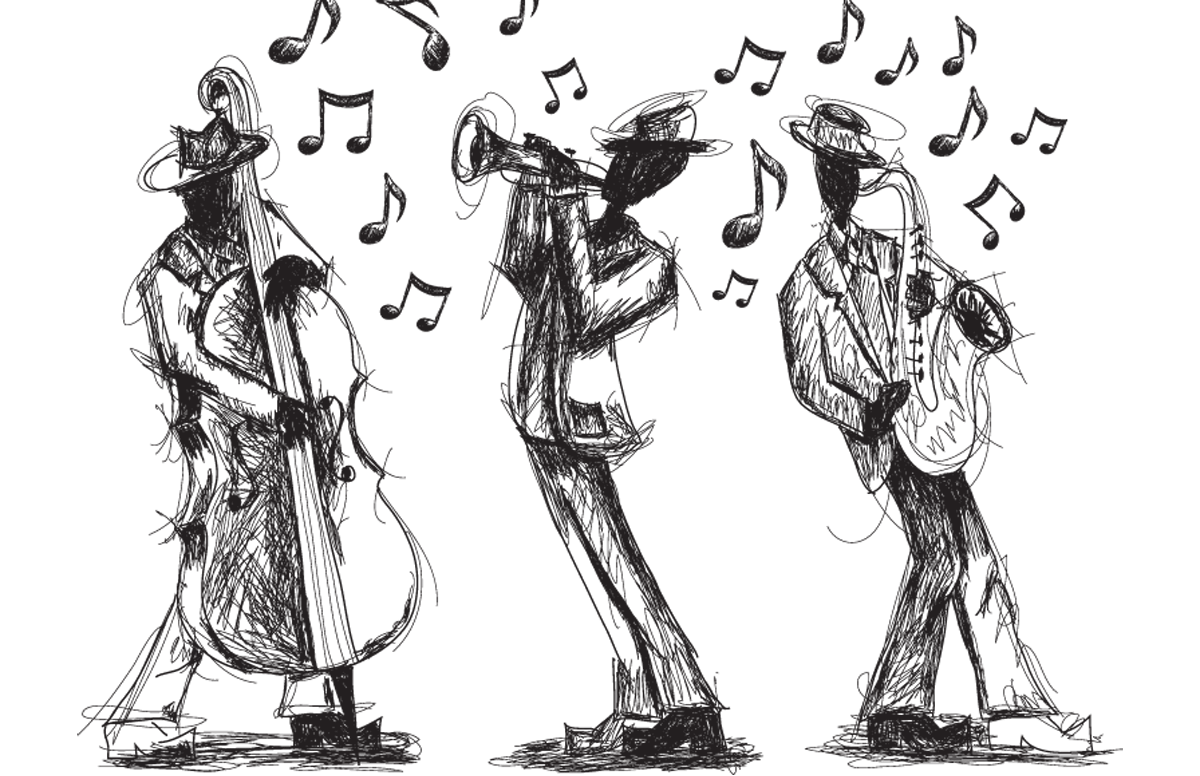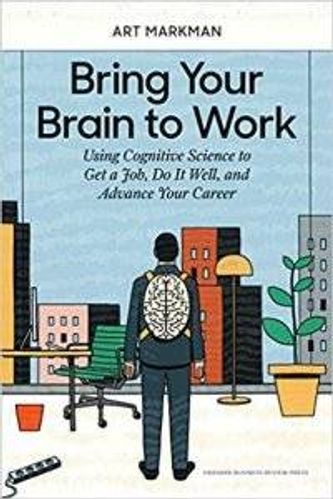How to Bring Your 'Jazz Brain' to Work
Why this author says a 'jazz brain' can help you get a job and do yours better
In his new book, Bring Your Brain to Work, cognitive scientist and University of Texas at Austin professor of psychology and marketing Art Markman says using your “jazz brain” to improvise can help you get a job, do it well and advance your career. Throughout the book, Markman — who took up the saxophone in his thirties — has sidebar boxes explaining how to do it. Here are a few of his ideas.

The Jazz Brain
A remarkable facet of humans is our capacity to improvise. Good improvisation requires expertise. Indeed, the most flexible individuals are those with considerable knowledge in a domain. Experts are best able to recall things from the past that may be useful for adapting to new circumstances. They can also imagine the outcome of a particular course of action, so they can judge well whether that action is likely to succeed.
The best people in the workplace play with their heads and their hearts.
For this reason, it’s important to expose yourself to many different situations in the workplace. It can be uncomfortable to do something unfamiliar, and the first time you try, you’re likely to make plenty of mistakes. But the wider the range of things you have done, the more flexibly you’ll be able to work in the future.

After You Blow a Note, It Is Gone
When I first started learning to play jazz on the saxophone, I blew a lot of sour notes. Usually I would stop after messing up. My teacher would put his hand to his ear and say, “Hear that? No! That note is gone. Now play.”
You’re going to make mistakes in job interviews and answer a question less well than you could have. No company is looking for perfection. What it wants is to know how you’re going to face adversity.
If you make a mistake in a job interview, just let it go. You can think about how to improve the way you answer questions later, when the interview is over.
Playing With Your Head and Your Heart
I’ve heard jazz players talk about the difference between “head” players and “heart” players. Head players know their music theory in and out and focus on playing solos that fit technically. Heart players listen to what other musicians are doing and play what feels like in the situation.
Truly great players play with both head and heart. The best people in the workplace also play with their heads and their hearts. They become experts in their domain, but they’re comfortable enough with their knowledge to be able to listen and adapt what they know to the circumstances. It’s a matter of learning when the textbook response is the right one and when to deviate.
The best way to get there is to keep developing your base of knowledge and your ability to pay attention to the situation.
The Perfect Is the Enemy of the Good
If you listen to a lot of jazz, you’ll hear some great solos. In the workplace, you could be forgiven for being reluctant to blow a solo of your own. After all, you’re likely to make some mistakes.
For some people, perfectionism is their biggest productivity killer. It keeps them from being decisive and from delegating tasks to others who might not carry them out as well as they would. To be successful at work, though, you have to be willing to try things you haven’t yet perfected.
Any large project has facets that could be improved. Those improvements can be made later.
Finally, you must be willing to delegate. Over time, you’ll gain expertise that allows you to do things that other people cannot, so focus your efforts on those things and pass along tasks that others can do well enough — even if you think you could do them better.
(Excerpted from Bring Your Brain to Work: Using Cognitive Science to Get a Job, Do It Well and Advance Your Career by Art Markman; Harvard Business Review Press.)

